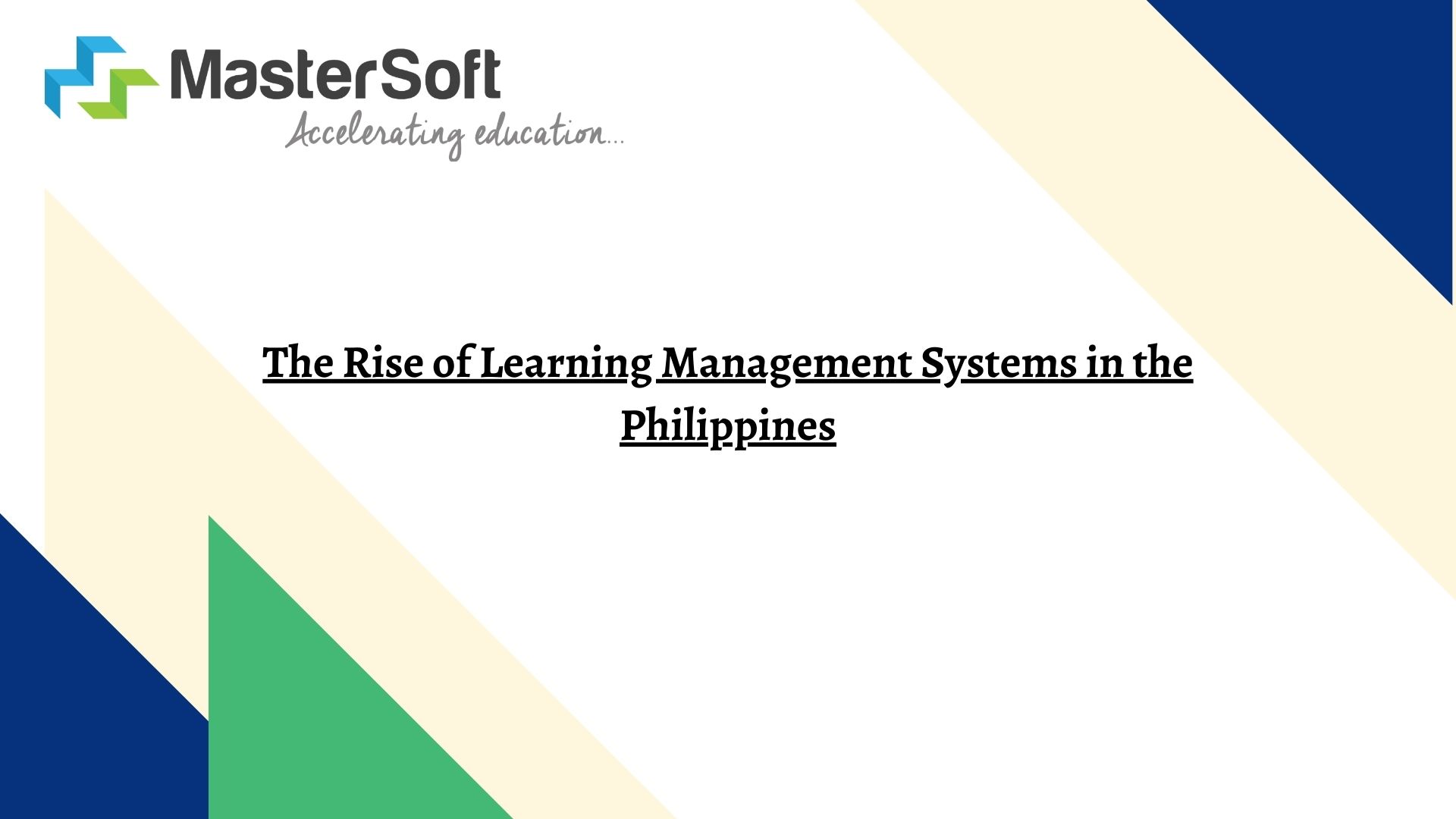The Rise of Learning Management Systems in the Philippines

The Learning Management System (LMS) has become a vital tool in the Philippines, reshaping how education and corporate training are delivered. LMS platforms, such as Moodle, Google Classroom, and Canvas, allow institutions to manage, track, and deliver online courses seamlessly.
In the Philippines, LMS adoption surged due to the COVID-19 pandemic, leading to the integration of e-learning in schools, universities, and organizations. These platforms offer accessibility, flexibility, and scalable solutions, enabling learners and educators to engage in distance learning efficiently.
Why LMS is Crucial for Education
- Accessibility: LMS provides access to education and training anywhere, anytime, making it ideal for students and professionals in remote areas of the Philippines.
- Customizable Content: Educators can easily upload and manage course materials, assignments, and multimedia resources to personalize the learning experience.
- Tracking Progress: LMS platforms allow teachers and managers to track student or employee progress, ensuring that learners stay on target with their goals.
- Engagement Tools: From discussion boards to quizzes and assessments, LMS platforms offer numerous tools to keep learners engaged and motivated.
Corporate Use of LMS in the Philippines
In addition to the education sector, businesses in the Philippines use LMS for employee training and development. Companies can deliver onboarding programs, professional development courses, and compliance training through customized e-learning platforms. The ability to measure employee performance and provide certification is particularly beneficial for industries such as IT, healthcare, and BPOs (Business Process Outsourcing), where upskilling is essential.
Challenges and Future of LMS in the Philippines
Despite the benefits, challenges such as internet connectivity, digital literacy, and limited infrastructure can hinder the widespread adoption of LMS in remote or underserved regions of the Philippines. However, with continuous investments in digital infrastructure and the growing demand for e-learning, the future of LMS in the country looks promising.
As the Philippines strives to improve its education system and workforce development, LMS platforms will continue to play an essential role in promoting accessible, flexible, and quality education.



